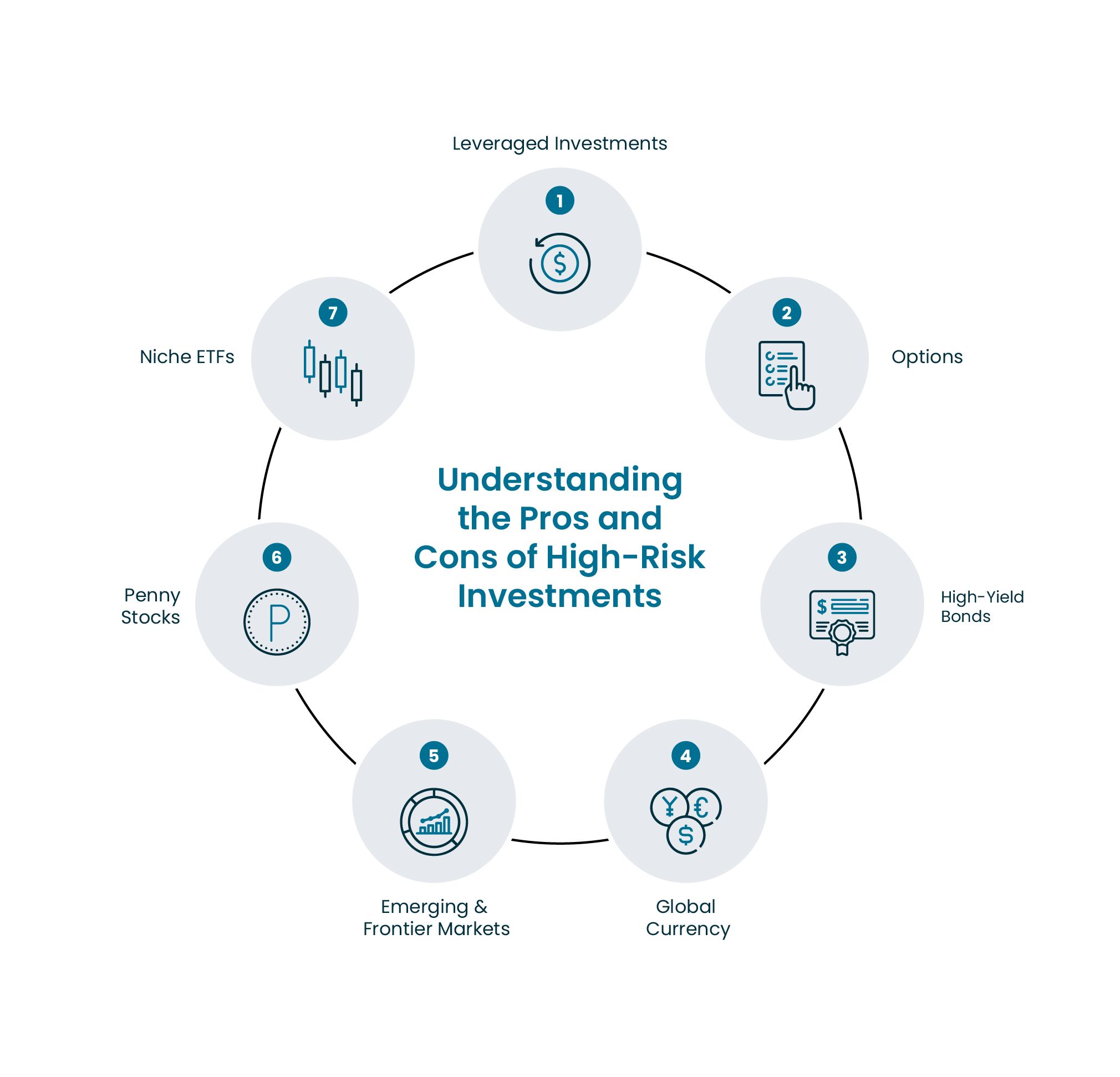Legacy Planning: Five Ways to Help Your Heirs Preserve and Grow their Inheritance
Don’t Skip this Often-Overlooked Step as You Plan the Disposition of Your Estate
Legacy planning, also called estate planning, is a long-term process. In fact, you’ve probably been engaged in it for much of your adult life, even if you didn’t realize it in the moment. Things like taking out a life insurance policy and naming beneficiaries on your retirement accounts are important steps in planning the eventual disposition of your estate and ensuring those you care about will be financially secure.
On the formal side of things, it’s important that you meet with an estate planning attorney, write a legal will, draft a durable power of attorney, and execute an advanced health care directive. In this article, however, we will examine an important legacy planning step that is too often overlooked: preparing your heirs to receive their inheritance – and helping them to preserve and grow it, as well.









